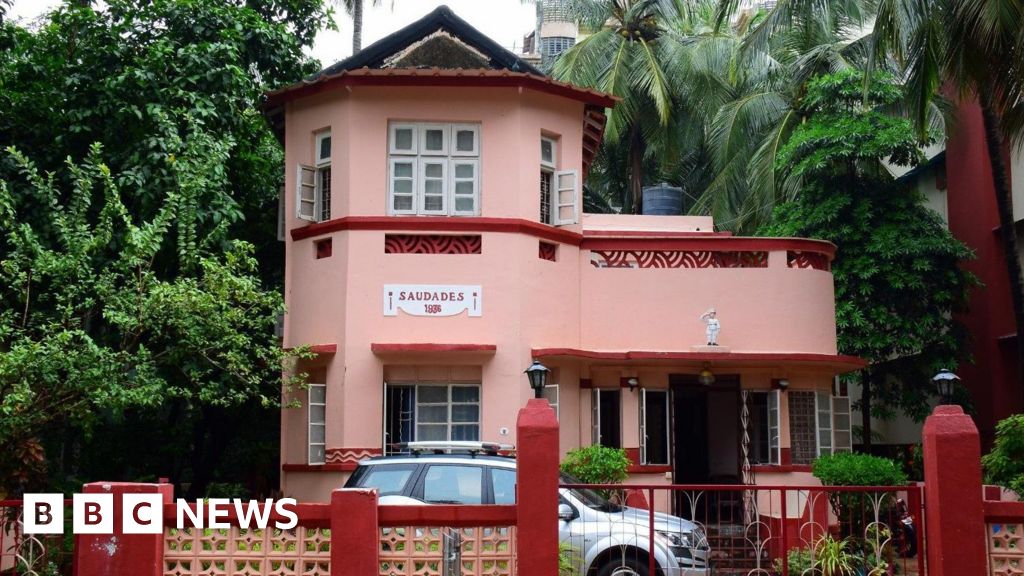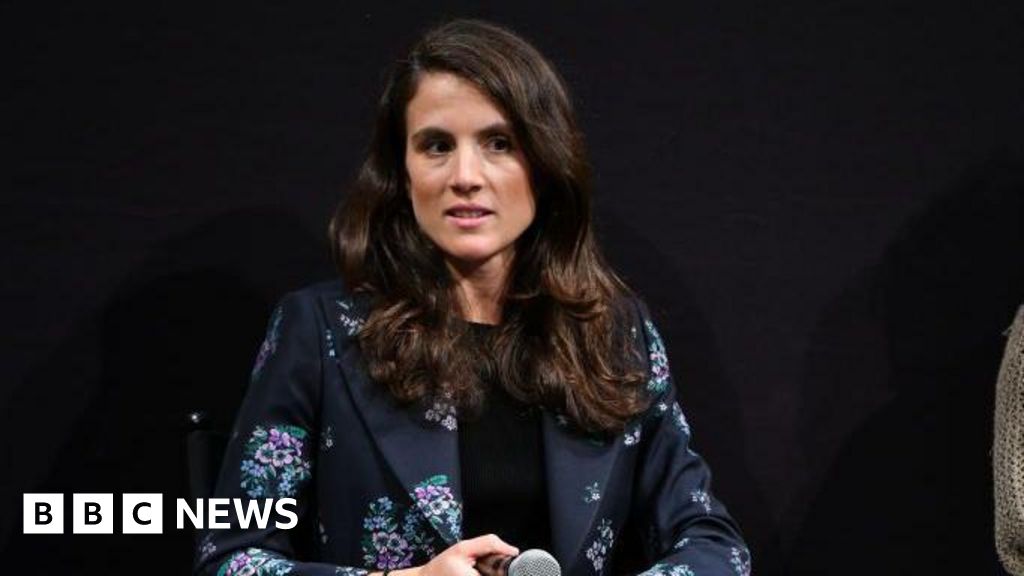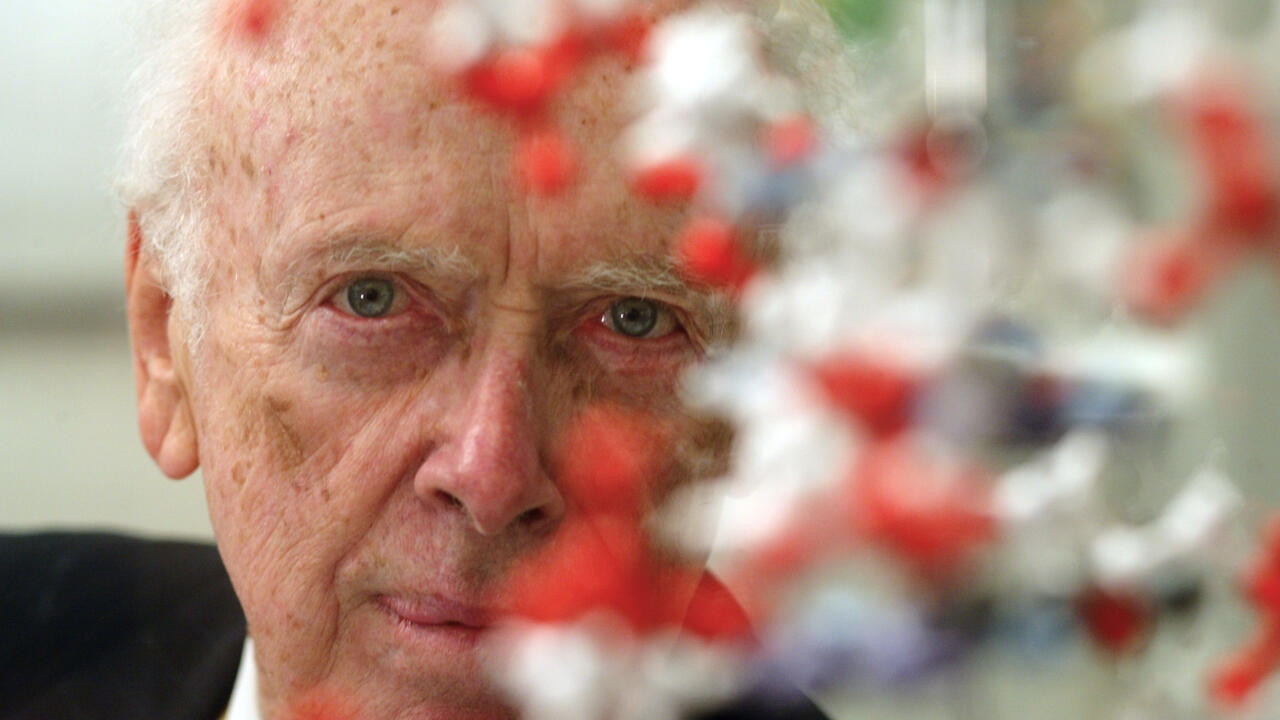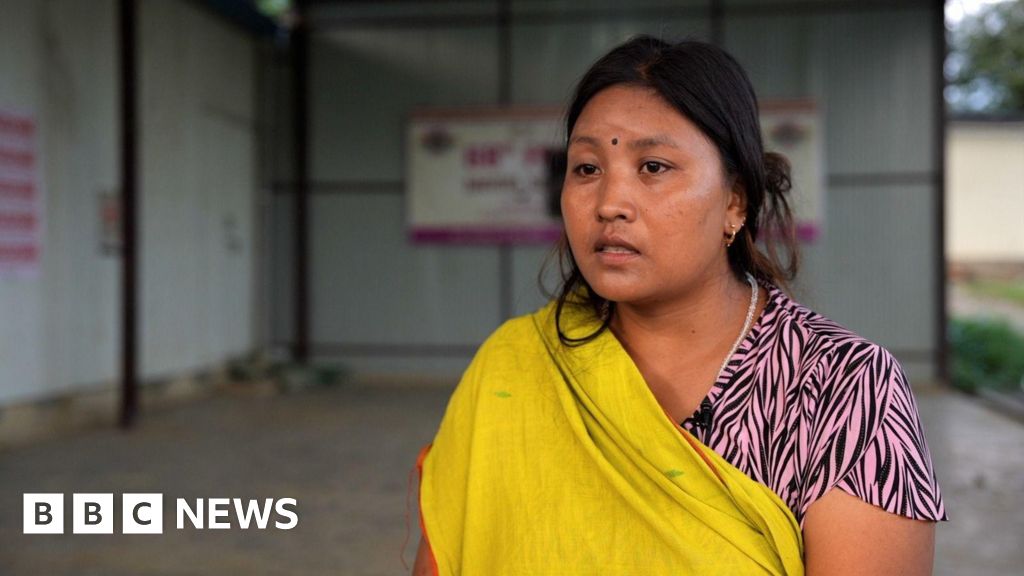
Beer drinking in Germany has been on the decline in recent years (Image: Getty)
A gradual trend of decline is hammering Germany's breweries, with youngsters increasingly turning away from booze to pursue healthier lifestyles. It's home to arguably the beer production capital of the world, and some of its oldest sites, including the Einbecker Brewery, founded over 600 years ago, and the Weihenstephan Brewery, in operation since 1040.
Europe's seventh-largest country hasn't been exempt from the global drop in alcohol consumption of recent years, however, which has been linked to shifting social and cultural trends and a rise in non-alcoholic options.
Germany's beer-drinking population dropped to just 41% this year, and its sales in the first half of 2025 hit a record low of 3.9 billion litres, following consecutive year-on-year contraction. It's bad news for the centuries-old industry, with 50 of the country's 1,500 breweries shutting their doors in the past year alone, according to reports.
Invalid email
We use your sign-up to provide content in ways you've consented to and to improve our understanding of you. This may include adverts from us and 3rd parties based on our understanding. You can unsubscribe at any time. Read our Privacy Policy

Germany has a long history of beer production and some of the world's oldest breweries (Image: Getty)
"In recent years it was always 46%, 47%, 48% who said, 'Yes, I drink beer,'" Marc Kerger, president of Einbecker told the New York Times. "And this year just 41%. 41% is dramatic. Every week I get at least one call offering to sell us a brewery."
Art student Roxana Seehof, 25, who lives in the seaport city of Kiel, also suggested that her contemporaries were happy to stick to "just one beer" on a night out, with some abstaining altogether for reasons including cost of living and a contentment with staying home.
Businesses including Einbecker have had to pivot, either by expanding their ranges or putting out non-alcoholic options, something Mr Kerger said he had to fight for almost a year to convice his colleagues of.
Now, he is anticipating half the company's annual revenue to come from non-alcoholic products within the next five years. "Beer is no longer the future," he said.
While some are sure to mourn the loss, or demotion of a historically dominant cultural tradition, others have suggested that a more measured approach to drinking isn't a bad thing.
Tens of thousands of deaths a year in Germany are linked to alcohol consumption, and beer festivals have long been hotbeds of sexual assault perpetrated by drunken revellers - with a women's rights group reporting at least one per day at an Oktoberfest celebration in 2023.
Holger Eichele, president of the German Brewers Association, said: "Young people use alcohol much more consciously and sensibly than our generation. That is good news for health."

 12 hours ago
1
12 hours ago
1










 English (US) ·
English (US) ·